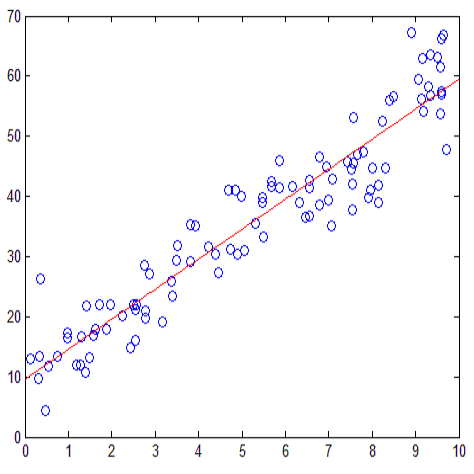This paper introduces the partial Gini covariance, a novel dependence measure that addresses the challenges of high-dimensional inference with heavy-tailed errors, often encountered in fields like finance, insurance, climate, and biology. Conventional high-dimensional regression inference methods suffer from inaccurate type I errors and reduced power in heavy-tailed contexts, limiting their effectiveness. Our proposed approach leverages the partial Gini covariance to construct a robust statistical inference framework that requires minimal tuning and does not impose restrictive moment conditions on error distributions. Unlike traditional methods, it circumvents the need for estimating the density of random errors and enhances the computational feasibility and robustness. Extensive simulations demonstrate the proposed method's superior power and robustness over standard high-dimensional inference approaches, such as those based on the debiased Lasso. The asymptotic relative efficiency analysis provides additional theoretical insight on the improved efficiency of the new approach in the heavy-tailed setting. Additionally, the partial Gini covariance extends to the multivariate setting, enabling chi-square testing for a group of coefficients. We illustrate the method's practical application with a real-world data example.
翻译:暂无翻译



